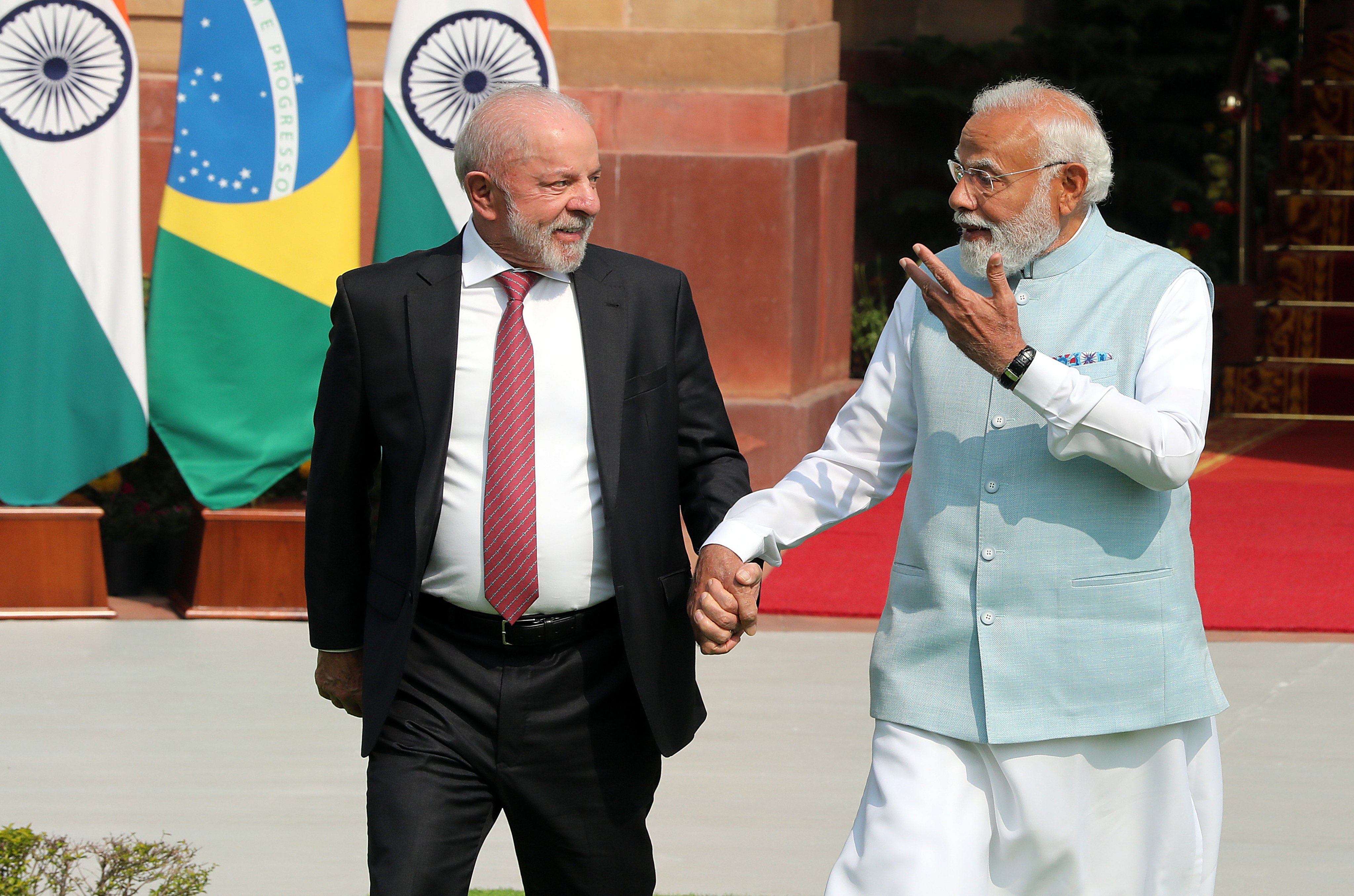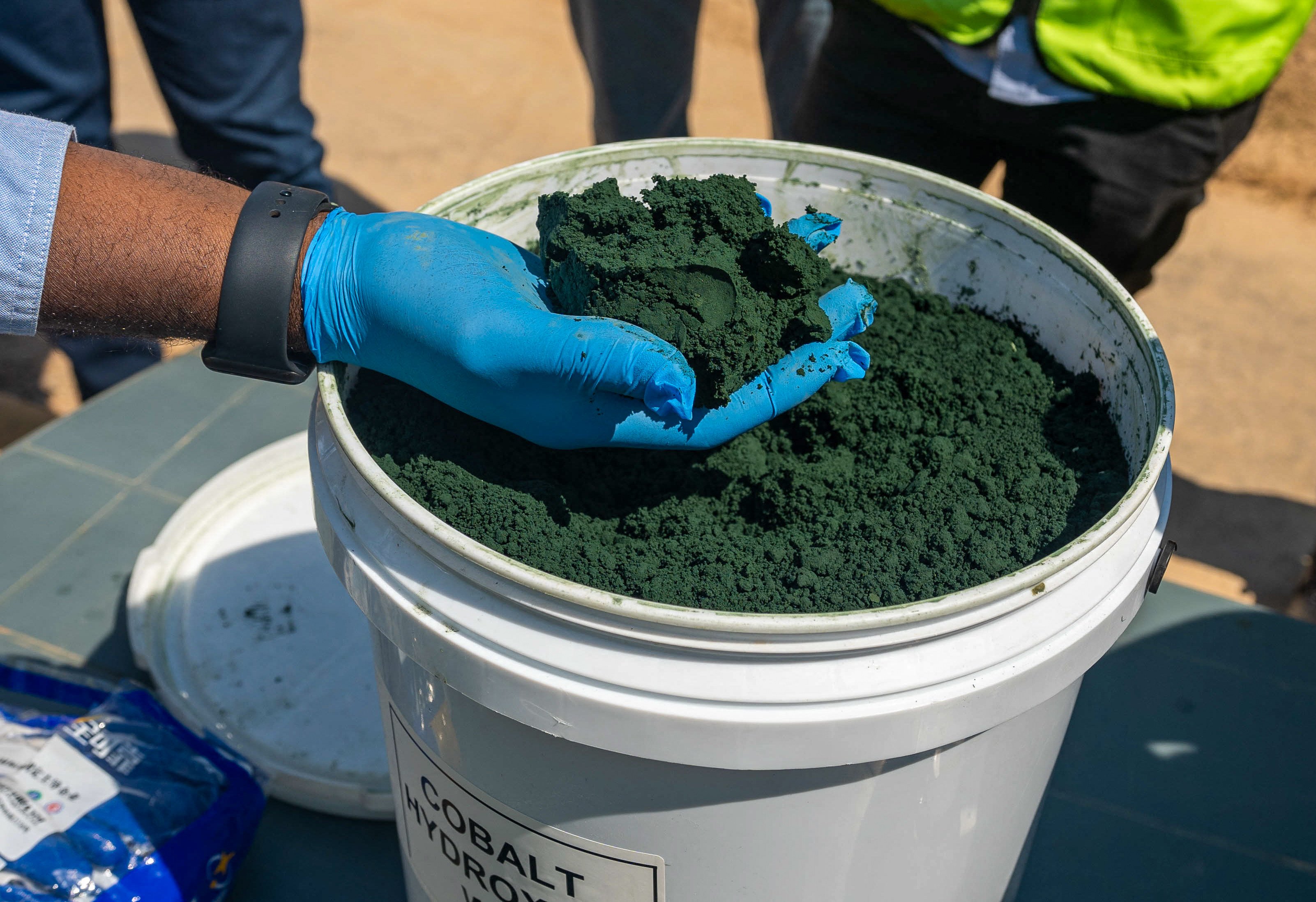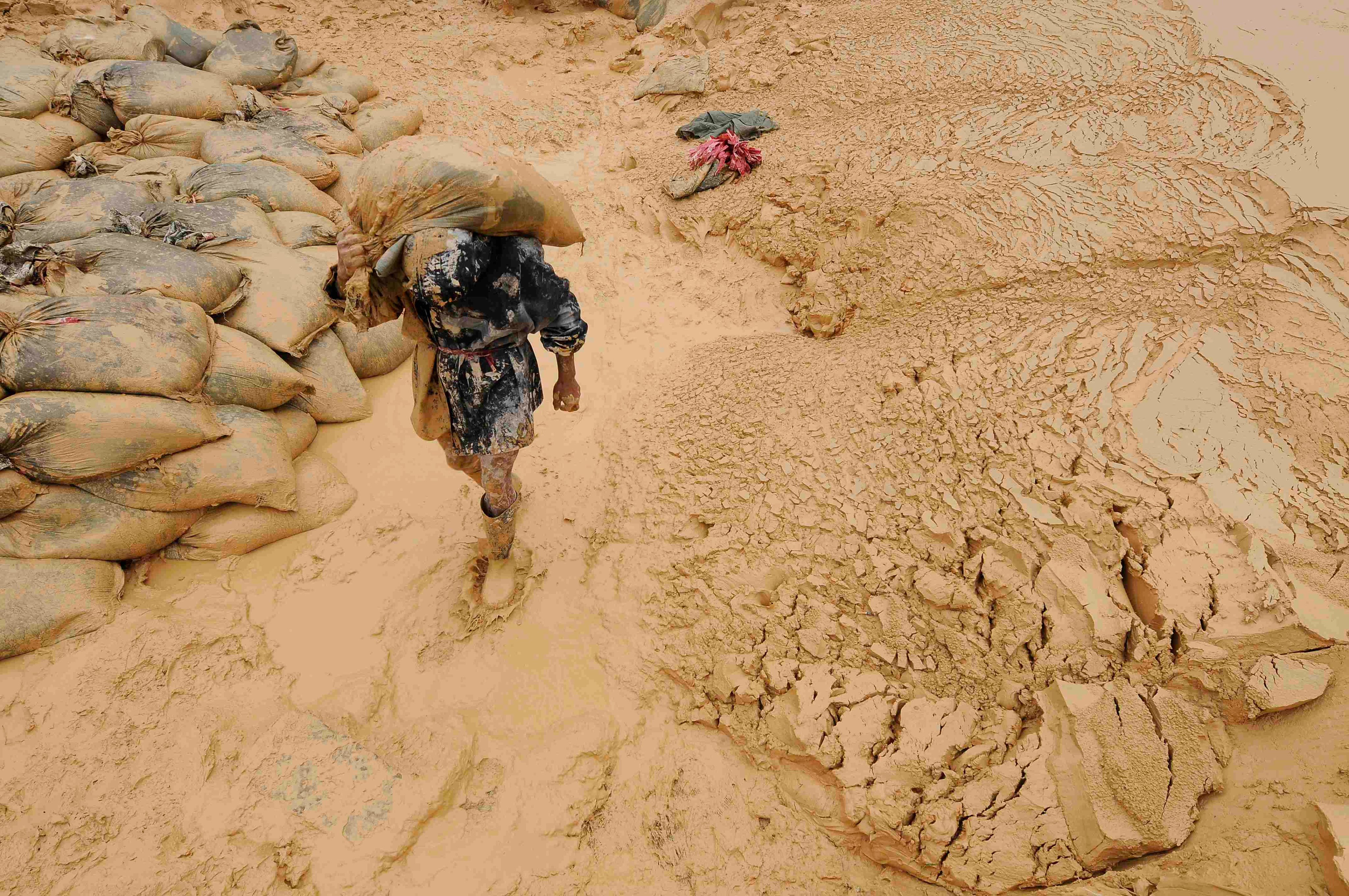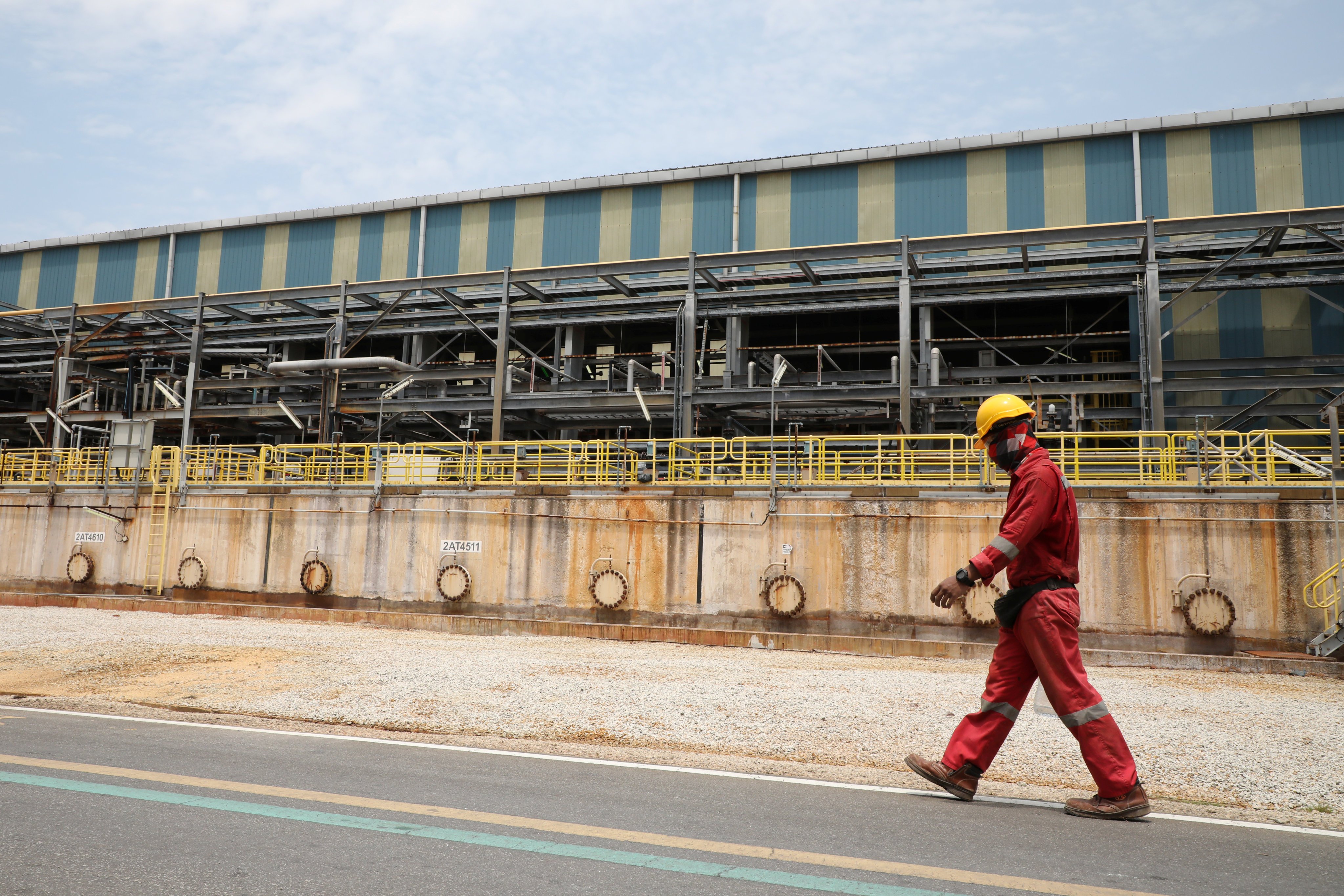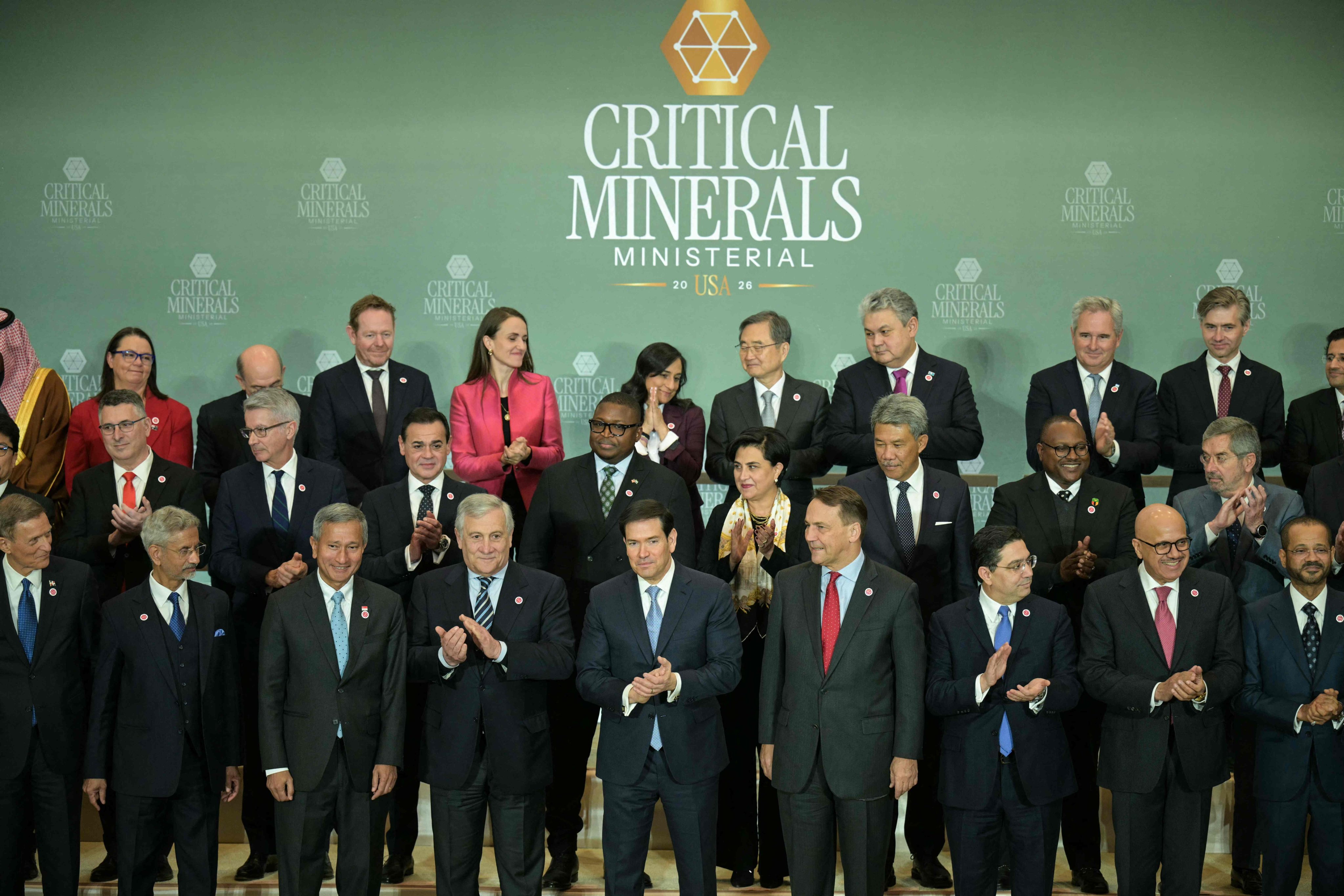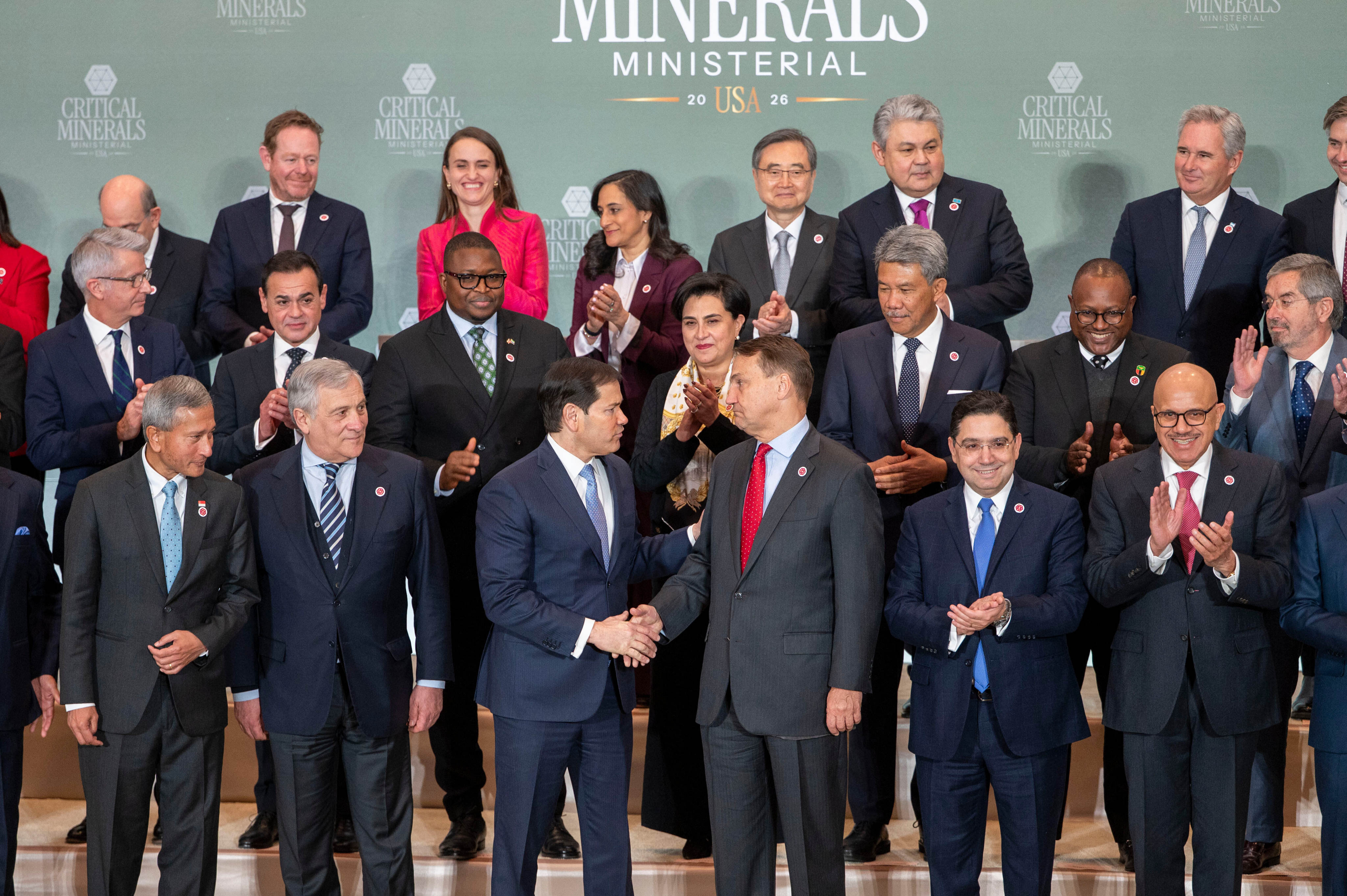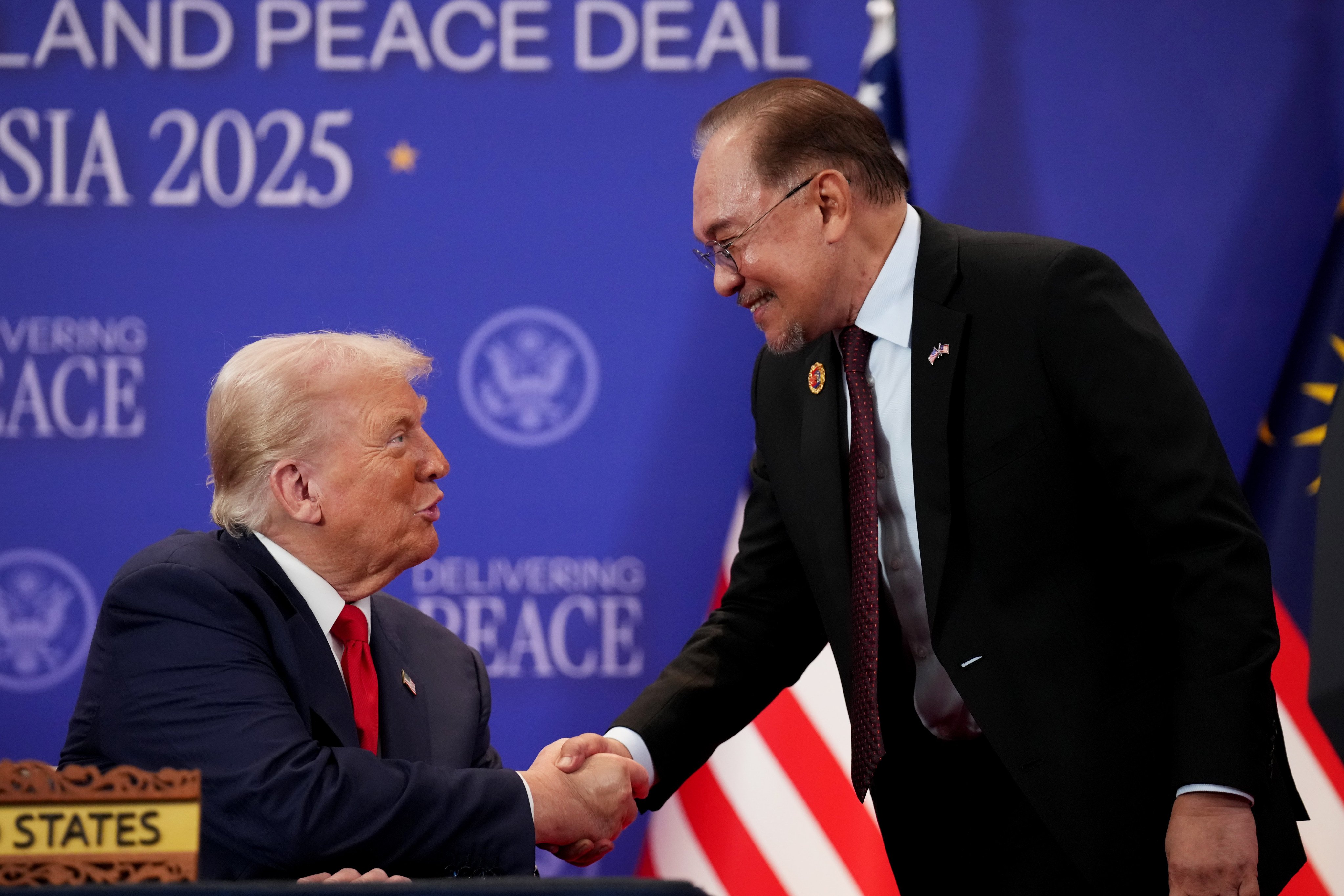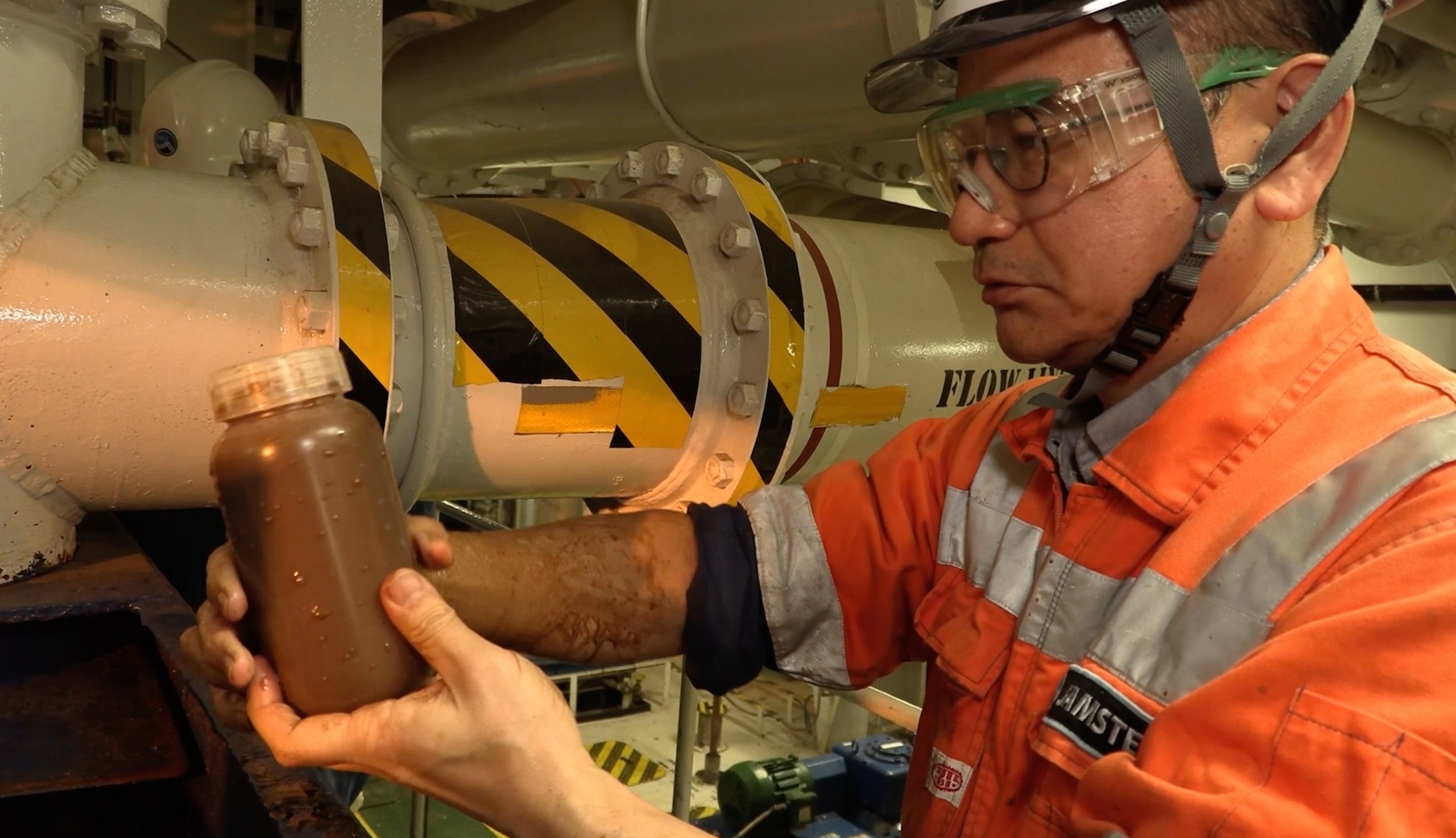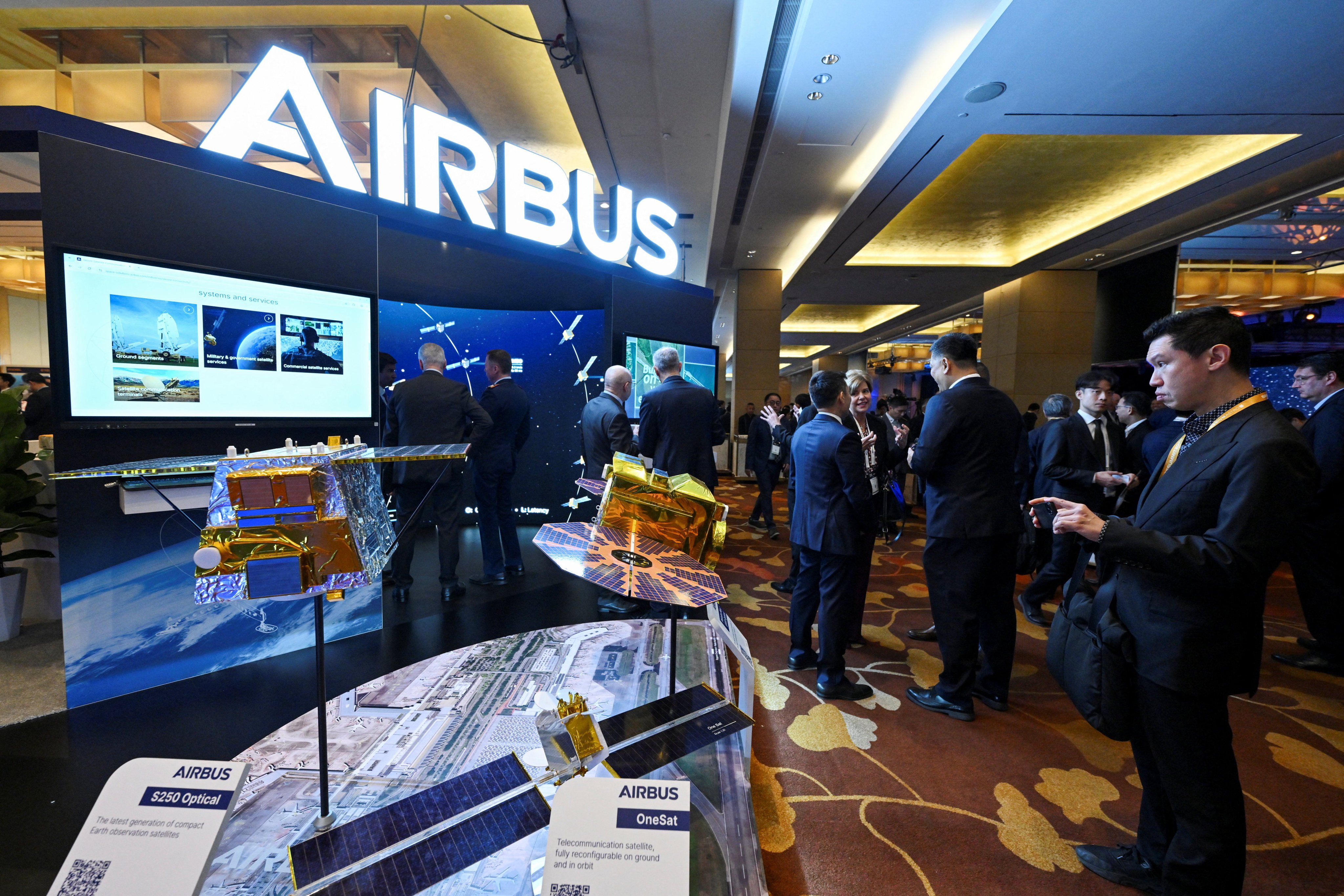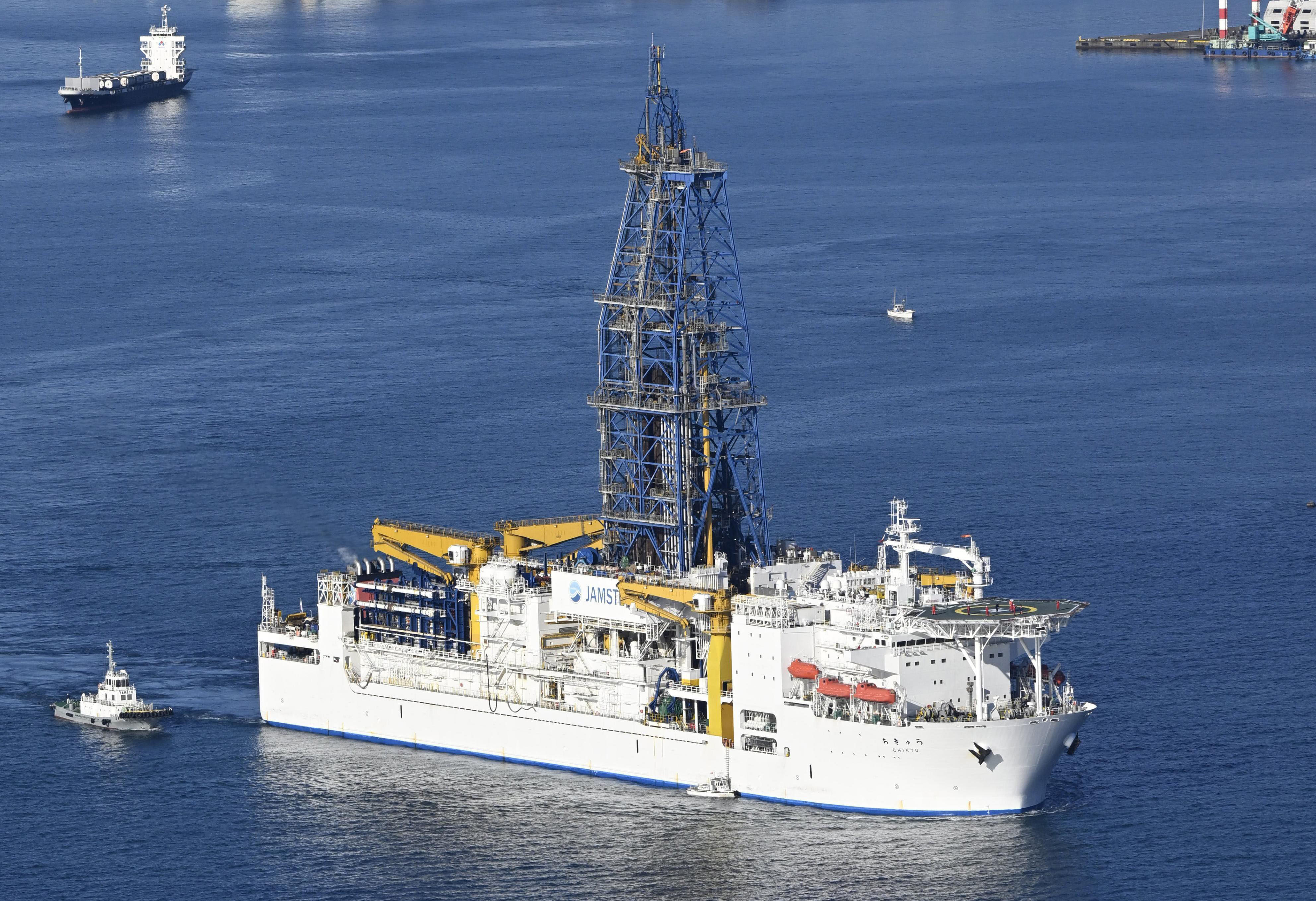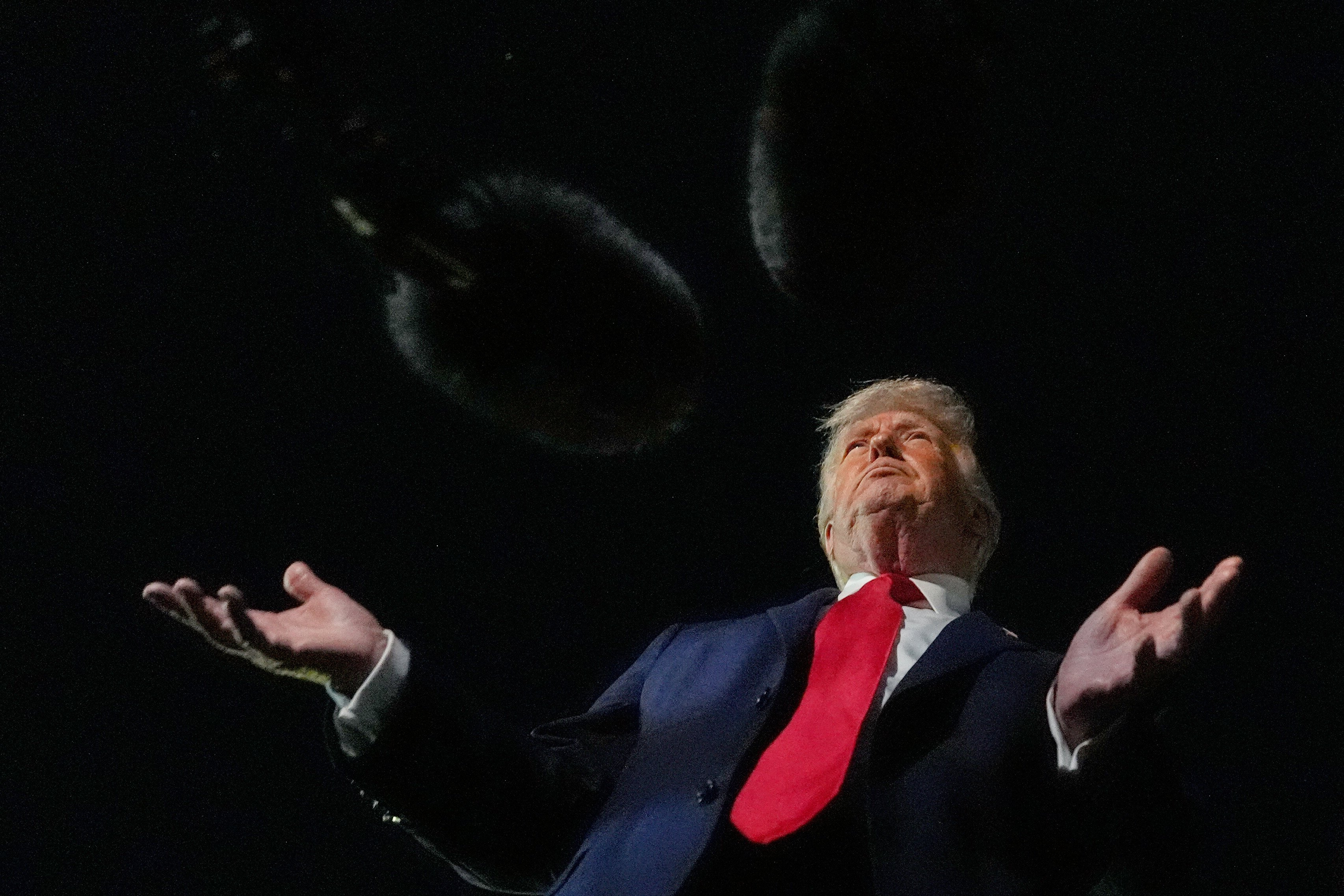Advertisement
Advertisement
TOPIC
Rare earths
Rare earths
Rare earths are increasingly important for some high-tech products such as smartphones and hybrid cars. China is the world’s largest producer and consumer of rare earths, accounting for 90 per cent of the world’s supply of all rare earths. In 2011, China has been criticised for curbing rare earth exports, and in 2011 it exported 16,900 tonnes of rare earth, down 58 per cent from year ago. It consumed about 83,000 tonnes, against global demand of 110,000 tonnes in 2011, according to an industry estimate.
Help preserve 120 years of quality journalism.
SUPPORT NOWAdvertisement
Advertisement
Advertisement
Advertisement
Advertisement
Advertisement
Advertisement
Advertisement
Advertisement
Advertisement
Advertisement
Advertisement
